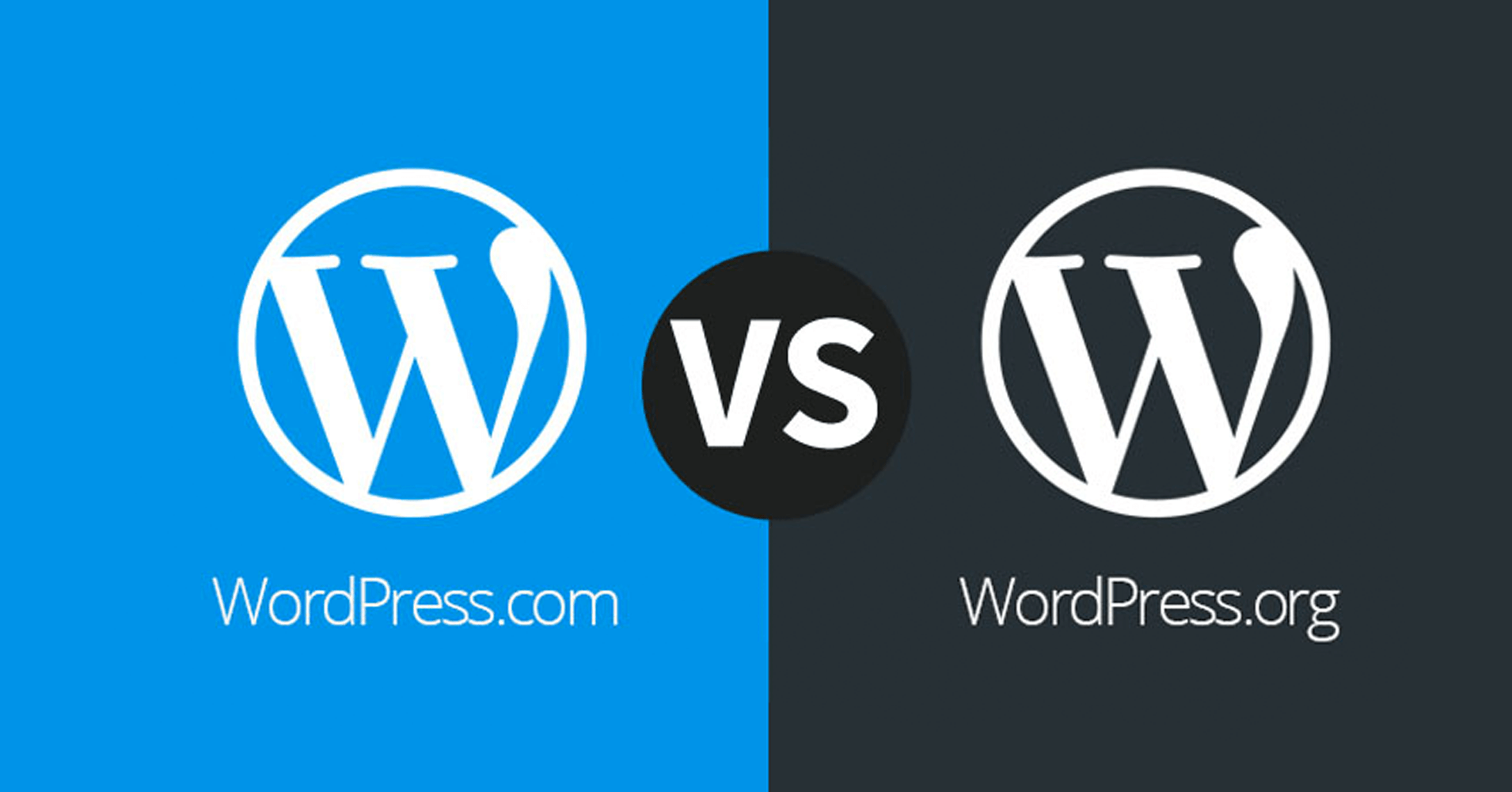If you are new to WordPress, the first confusion you are likely to face is whether you should use WordPress.com or WordPress.org. They may sound similar, but the experience that each offers is vastly different.
This guide breaks down the core differences, pros and cons of each, and helps you decide which one suits your needs best.
Quick Overview
| Feature | WordPress.com | WordPress.org |
| Hosting | Hosted by WordPress | You host it yourself (via hosting provider) |
| Custom Domain | Free subdomain (e.g., myblog.wordpress.com), custom domain on paid plans | Custom domain possible with any hosting |
| Plugin Support | Only on Business or higher plans | Full access to all plugins |
| Theme Customization | Limited on free plan | Full control |
| Monetization | Restricted on free plan | Unlimited options |
| Cost | Free to start, paid plans available | Free software, but hosting/domain cost money |
What is WordPress.org?
WordPress.org is the self-hosted version of WordPress. You download the WordPress software (free) from the official site, then install it on a hosting provider like Bluehost, SiteGround, or Hostinger.
Pros:
- Full control over your website
- Upload and use any plugin
- Full theme customization (code access too)
- Monetize your site freely (ads, e-commerce, memberships)
- Access to all SEO tools
- Build any type of website (blogs, portfolios, shops, forums)
Cons:
- Requires separate hosting and domain purchase
- You’re responsible for updates and backups (though plugins can automate this)
- Slight learning curve if you’re a beginner
What is WordPress.com?
WordPress.com is a hosted platform run by Automattic (the company behind WordPress). You sign up, choose a subdomain, and start building right away. No need to buy separate hosting.
Pros:
- No technical setup needed
- Free to start (with WordPress.com subdomain)
- Maintenance, backups, and security are handled for you
- Great for beginners and hobby bloggers
Cons:
- Limited customization unless you upgrade to a Business or eCommerce plan
- Can’t install plugins or custom themes on free/personal plans
- Monetization is restricted unless on higher-tier plans
- Your site can be suspended for violating terms
Cost Comparison
Let’s break down what you might pay annually on each platform.
WordPress.com (Paid Plans):
- Free – Limited functionality, no custom domain
- Personal – ~$48/year (custom domain, no ads)
- Premium – ~$96/year (more design tools)
- Business – ~$300/year (plugin & theme support)
- eCommerce – ~$540/year (full store features)
WordPress.org (Self-Hosted):
- Domain Name – ~$10/year
- Hosting – ~$50–100/year (depending on provider and plan)
- Optional Premium Themes/Plugins – Varies
In many cases, WordPress.org ends up being cheaper and more flexible in the long run, especially for business or professional use.
Who Should Use WordPress.com?
Choose WordPress.com if:
- You want a simple, no-fuss blogging platform
- You’re okay with limited customization
- You don’t need to install third-party plugins or themes
- You’re a hobby blogger or student testing the waters
Who Should Use WordPress.org?
Choose WordPress.org if:
- You want to build a professional website or business
- You plan to monetize (ads, affiliate marketing, selling products)
- You want access to thousands of plugins and themes
- You need advanced customization or integrations
Final Verdict: Which One is Right for You?
| Use Case | Go With… |
| Hobby blogging | WordPress.com |
| Building a brand/business site | WordPress.org |
| Monetizing via ads/e-commerce | WordPress.org |
| Zero technical skills, quick start | WordPress.com |
| Full design & functionality control | WordPress.org |
If you’re serious about building a flexible, scalable online presence (and don’t mind a bit of a learning curve), WordPress.org is the way to go. But if you’re just dipping your toes into blogging and want something easy, WordPress.com might be a good place to start.

